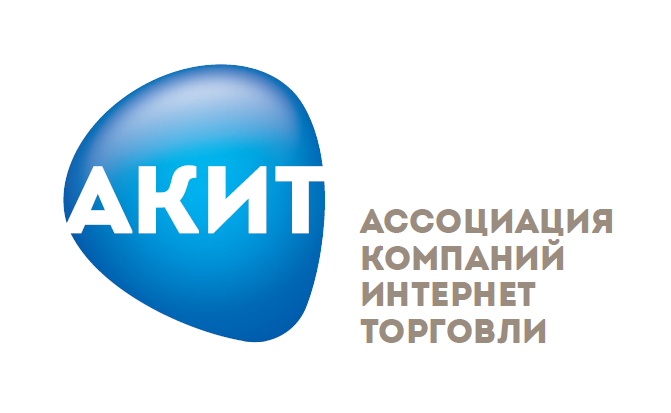'WHO SELLS STEAM FROM EATING, THE ONE GETS A RING FROM MONEY'
Khoja Nasreddin.
Hey. It seems that the Russian customs officials represented by the FCS (Federal Customs Service) are still haunted by the lost profits from purchases that our citizens make in foreign online stores. Moreover, this is not the first controversial initiative of this service. Most recently, the FCS has already come forward with both a proposal to lower the duty-free threshold for online purchases and an initiative to oblige buyers to indicate their TIN. However, if at that time the initiative to reduce the duty-free threshold to 200 euros was postponed in time, and the need to indicate the TIN concerned only items delivered via courier services, this time the appetites have grown, and now the FCS proposes to impose no less tribute on everyone. lowering the duty-free threshold to zero.

The proposal has already been sent to the Ministry of Finance. According to representatives of the department, this measure will allow to receive about 25 billion rubles a year in the budget. In the next year and a half, the FCS proposes to start charging any parcel from foreign online stores a duty of 20% of their value, but not less than 1 euro (72.53 rubles at the rate of the Central Bank of the Russian Federation) for 1 kilogram of weight, and for parcels cheaper than 200 euros (approximately 14,700 rubles at the current exchange rate) to charge an additional 20% of their value.
Thus, if the Ministry of Finance supports this initiative of the FCS, then absolutely from all goods ordered in foreign online stores worth up to 200 euros will have to pay a tax in the amount of, attention, 40% of the cost of these same goods. And if the cost of the goods is more than 200 euros, then the rent will be 'humane' 20%.
According to representatives of the FCS, the initiative is aimed at supporting domestic producers and should equalize cross-border trade with normal.
It will be interesting to see what exactly such an initiative from the FCS will lead to. As previous initiatives of this department show, the people who generate such 'ingenious' proposals are as far from the subject of discussion as they are from common sense.

On the one hand, their motivation is clear – to snatch money wherever possible, hiding behind the good intentions of “supporting domestic producers.” However, they are unlikely to have an answer to the question of which of the domestic manufacturers is able to provide at least an approximate level of manufacturability of the offered goods, not to mention the range.
So, maybe we are not talking about supporting the mythical 'domestic producer'?
As the Roman lawyer Cassian Longin said, Ravilla (IV), cui prodest, cuibono? (who benefits from it?).
If we are guided by this rule, a natural question arises – are not the ears of our beloved AKIT sticking out of all this? By the way, when the previous similar initiatives appeared, AKIT did not particularly hide their interest.

And even if so, what does this association have to do with the 'domestic producer'? Unanswered question.
It will be interesting to see how this initiative will be implemented in practice. But that's not even what interests me more. I am more interested in where these same 'FCS experts' are going to find these 25 additional billions? All their theoretical calculations are broken down into elementary schemes that will be instantly applied by both sellers and buyers.
The simplest solution to the problem for citizens can be the use of the services of intermediaries and the registration of mail by these intermediaries not as purchases, but as parcels from relatives / acquaintances, etc., in other words, from individuals. Such parcels cannot be levied with any duties. What to do then? Initiate an investigation for each case? There will not be enough human or technical resources for this.
As a result, this will lead to the fact that either a tangible part of such purchases will go to the shadow sector of the economy, or to an increase in prices, and the sellers themselves develop schemes to bypass this decision.
But all this is just fortune telling on the coffee grounds. Now the main thing is to wait for a response from the decision-making body, from the Ministry of Finance, and see. will they agree to do us all 'good' again.
How do you feel about this initiative? Will it affect you directly if it is accepted? By tradition, I invite you to comments for discussion.
